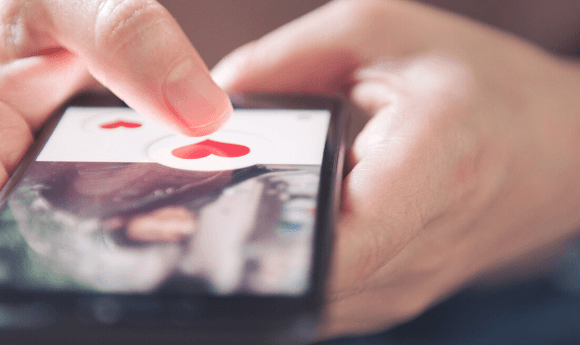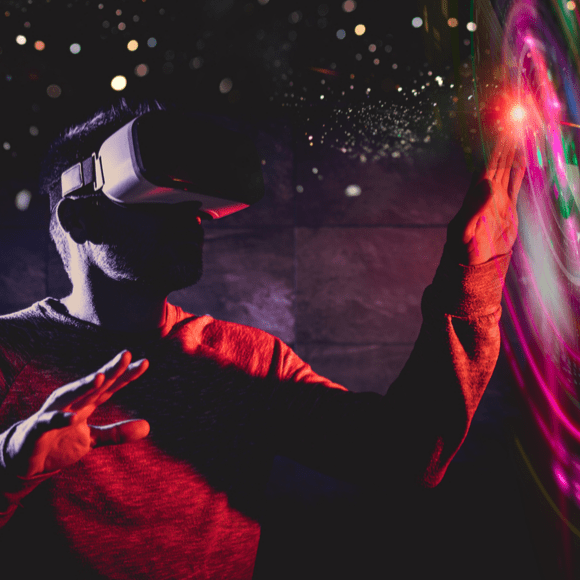Can science fix your broken heart?

‘Love is the drug’, but could drugs and other tech help heal a broken heart when that love is over?
A broken heart results in activation of brain regions associated with craving, obsession and pain, and to a range of symptoms including nausea, insomnia and depression. In some very rare instances, it can even lead to ‘broken heart syndrome’, which results in symptoms similar to those of a heart attack and, rarely, death.
Otherwise known as Takotsubo syndrome, broken heart syndrome is usually a result of severe stress that causes the heart’s left ventricle to weaken. Regions of the brain involved in processing heart function and the autonomic nervous system have been implicated in broken heart syndrome.
While approximately 95% of people recover from broken heart syndrome, and we pretty much all survive heartbreak at some point or another, it takes a lot to beat. However, scientists might soon be able to help on the road to recovery, through technology and/or existing drugs.
In one example, in 2019, a team at the Technical University of Madrid (Spain) demonstrated that administration of a sedative, propofol, immediately after recall of a story caused that memory to be less vivid 24 hours later.
Another study has shown that taking the beta blocker propranolol 1-hour prior to a recall session can also reduce the emotional pain associated with the memory. While these studies were initially targeted towards PTSD, there is scope for the drugs to be used to suppress feelings of heartbreak, where symptoms can be similar to those experiencing trauma.
 Could virtual reality improve your response to danger?
Could virtual reality improve your response to danger?
How would you react in an emergency? Virtual reality simulation could show your realistic response and help provide training for real-life situations.
In addition to drug research, a wave of apps has also been released, purporting to help soothe heartbreak through guidance, advice and distraction.
“Love is very addictive,” commented Barbara Sahakian, a professor of clinical neuropsychology at the University of Cambridge (UK), and launcher of one such app, Decoder. “It’s like your reward system is activated by that person. If they leave you, you have to get rid of that habitual, compulsive need to see them, text them and hear their voice…the best way to do that is through distraction and using your time in other ways.”
It is perhaps intriguing that, with love now often found using apps, we could go full circle and end it using apps, too.
Other, more controversial, options include eye movement desensitization and neurofeedback, which sees the brain ‘retrained’ through electroencephalography. However, these are only supported by small-scale studies.
Another intriguing option has been coined ‘anti-love biotechnology’. Brian Earp, author of an article discussing the ethics of using neurotechnologies that affect relationships noted that this ‘anti-love biotechnology’ is already a side effect of currently available medications – such as serotonin reuptake inhibitors, a type of antidepressant – but that we do not fully understand it given we do not tend to study the interpersonal effects of common drugs.
While diminishing the mental pain of heartbreak might seem like a no brainer, there are ethical implications in tampering with our emotional memories – memories we often learn from. “Might drugs one day be used to intentionally sever a romantic bond?” queried Earp. “We would need to agree on an ethical framework for handling such cases.”
It’s clear that while science cannot currently promise to heal a broken heart, it is highly probably it could in the future. Yet, this brings about the question: should we unbreak a heart?